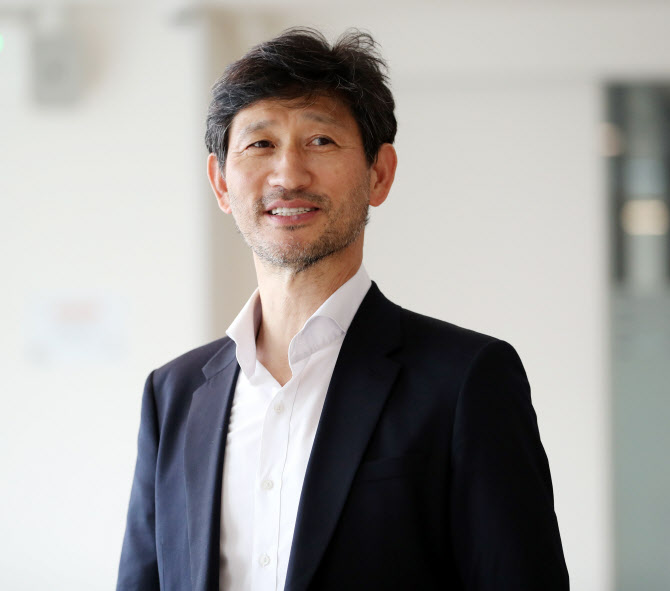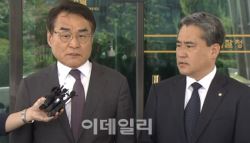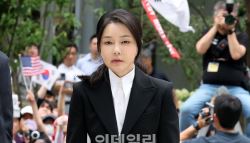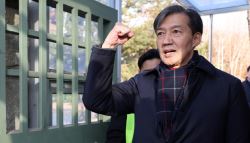Young-jin Choi, Professor of Political Science and International Studies, Chung-Ang University and Co-Chairperson of Senior Army, emphasized the organization’s role as an alternative to female conscription in an era of low birthrates and super-aging, in an interview ahead of the Edaily Strategy Forum on June 18~19. “The biggest problem facing Korea today is the low birthrate,” he said. “Asking women of childbearing age to serve in the military is not a rational solution for a country that needs to boost its birthrate. The top priority should be minimizing the burdens of childbirth and childcare.”
|
Senior Army currently has about 3,500 members, with an average age of 63 and a range from the late 50s to the 80s. Under the motto “If the country calls, we are ready to serve,” members train and maintain their physical fitness. According to its founding statement, Senior Army does not rely on government funding and makes no gender distinction, any senior willing to serve the nation is welcome.
The reality of Korea’s shrinking pool of military recruits due to plummeting birthrates is undeniable. According to the Military Manpower Administration, the number of active-duty conscripts fell from 256,171 in 2013 to 187,188 in 2023, a drop of about 70,000 in a decade.
The idea of mobilizing people in their 50s and 60s as military personnel arose from these concerns. A National Assembly research report submitted in February argued that assigning border guard duties to veterans in their 50s and 60s could help address the troop shortage in the short term. Employing older adults as contract or outsourced workers would allow for rapid deployment and also provide job opportunities for seniors, helping to alleviate elderly poverty.
“Sixty-year-olds today are different from the past, when people were considered ‘old’ after turning 60,” said Professor Choi. “For the first time in history, we have a generation in their 60s who are healthy and financially secure. If troops are needed, healthy seniors with free time could help reduce the conscription burden on younger generations.”
Elderly Perception Shift among Society is Necessary... Seniors Should Make Way for the Young
Addressing concerns about the physical limitations and management of Senior Army members, Professor Choi said, “Our military needs to shift from focusing on age to evaluating actual ability and fitness when recruiting personnel. In fact, seniors at reserve training centers are often more disciplined and organized.”
He also pointed out that Korean society still sees seniors primarily as recipients of care. “We need to change our perception of seniors. The idea that they are simply welfare beneficiaries is outdated,” he said. “Those in their 60s benefited most from Korea’s economic growth in the 1990s and are the first generation to prepare for their own retirement. Instead of focusing solely on their own families, they should practice ‘well-graying’, contributing to the nation and society. The goal is to shift from depending on the state to giving back, and to redefine the division of roles between generations.”
About Young-jin Choi, Co-Chairperson of Senior Army:
△Political scientist, △Advisor to the Army, Navy, Air Force, ROK-US Combined Forces Command, and Joint Chiefs of Staff, △Co-Chairperson of Senior Army, △Professor of Political Science and International Studies, Chung-Ang University







!["청년 ''도시 선호'' 수용해야…빈집 철거해 도시 밀도↑"[ESF 2025]](https://image.edaily.co.kr/images/Photo/files/NP/S/2025/06/PS25061901218t.jpg)

![[단독]전광훈 '자금줄' 의혹 선교카드…농협銀 문제없다 결론](https://image.edaily.co.kr/images/vision/files/NP/S/2025/08/PS25080701300t.jpg)


